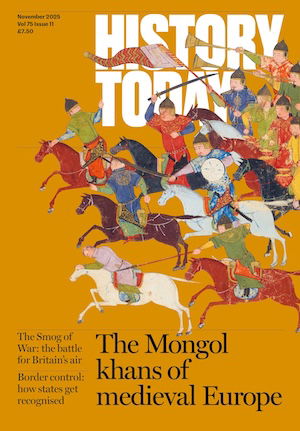Only in a free political society, declared Lamennais and his followers, could nineteenth-century Catholics hope to evangelize the new age. Complete religious liberty, with disestablishment of the Church, freedom of education and of the press, and the decentralization of governmental authority, writes J.B. Morrall, were among the aims they advocated. His views having been condemned by the Vatican and himself denounced by conservative critics as “Robespierre in a surpliceLamennais at length abandoned the faith to which he had devoted so much talent and energy.


